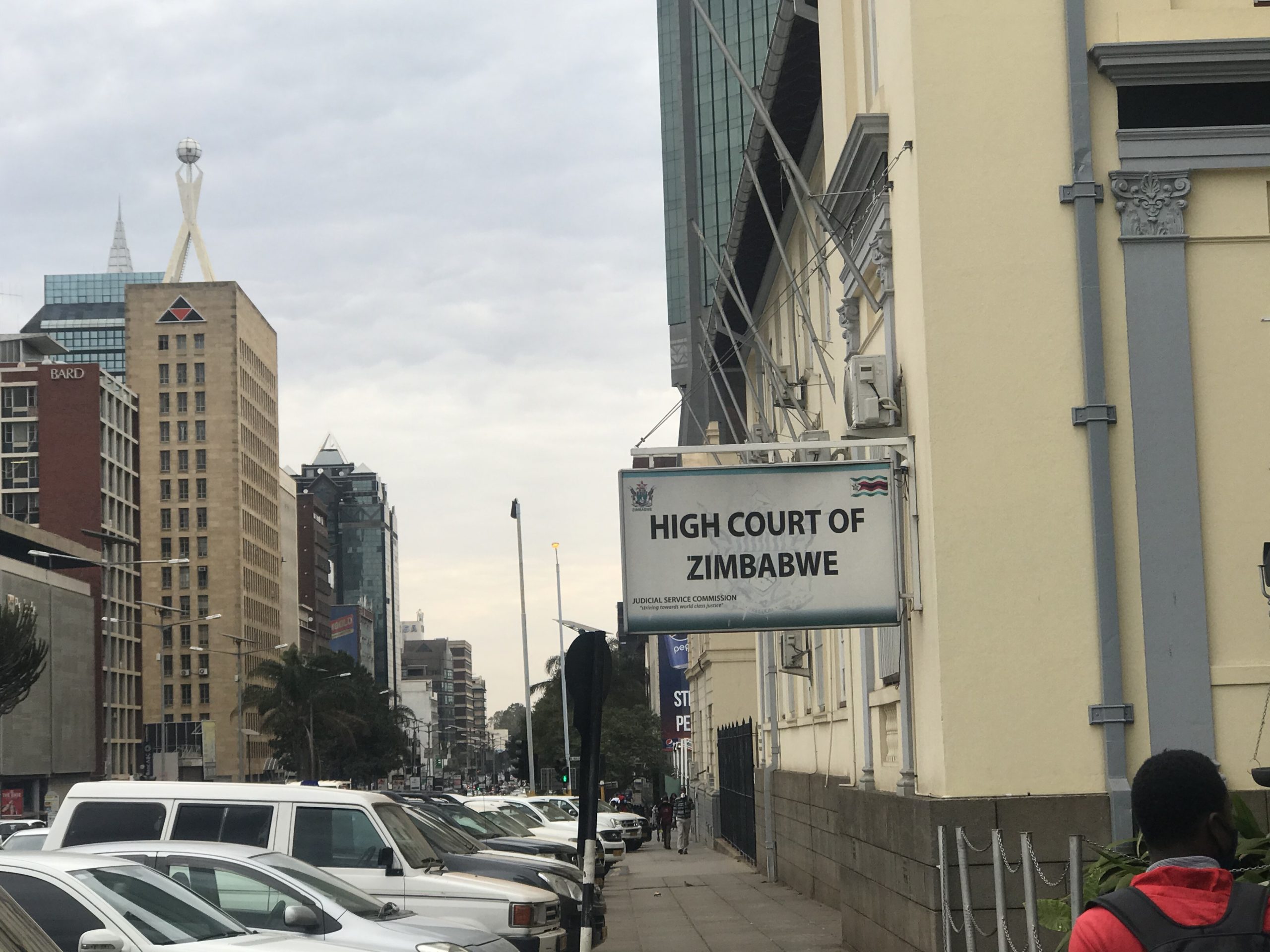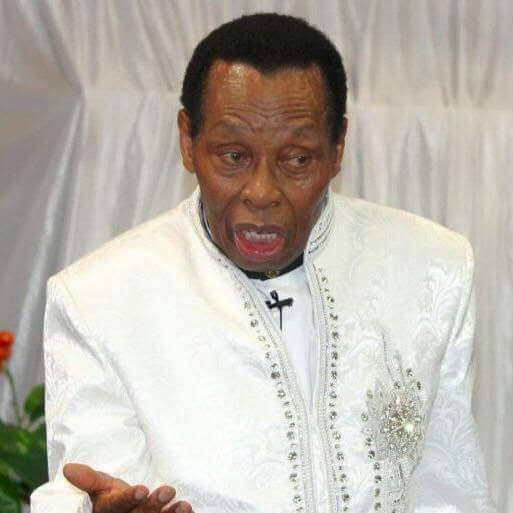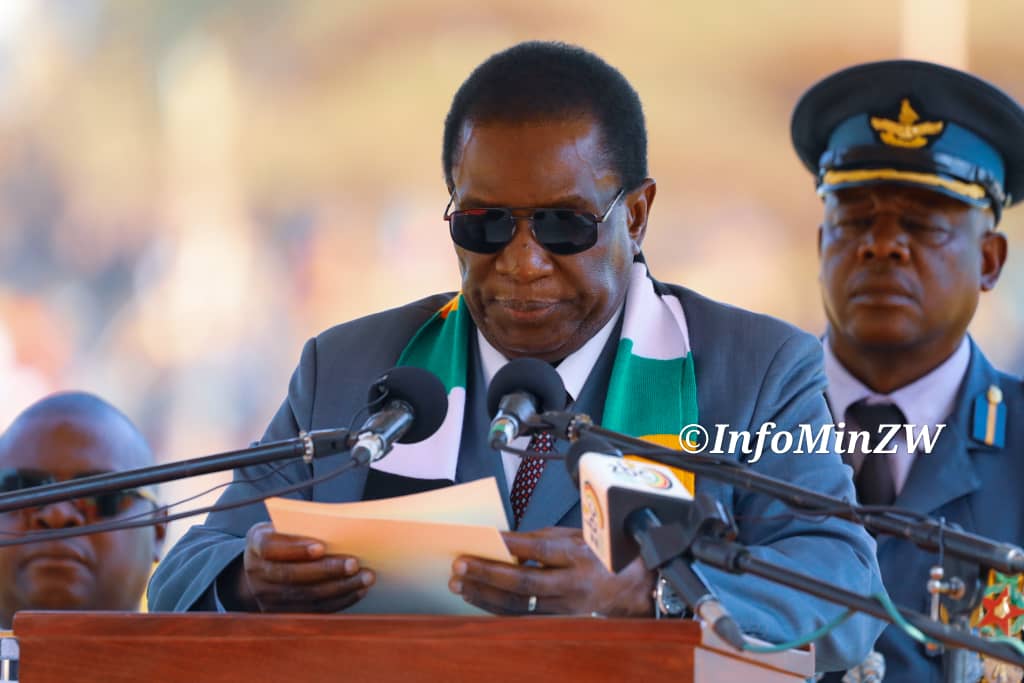State to appeal against Mamombe, Chimbiri’s acquittal
Share

Harare (New Ziana) -The state on Wednesday said it will appeal against a High Court decision to acquit opposition activists Joanah Mamombe and Cecilia Chimbiri on charges of faking their abduction in May 2020.
The two Citizens Coalition for Change (CCC) activists, earlier on the day and together with Netsai Marova who later skipped bail, had led a demonstration against the government for imposing COVID-19 restrictions.
They allegedly notified their relatives, friends and legal practitioners that they had been abducted from police custody by suspected state security agents and taken to an unknown place where they alleged, they were tortured.
The trio went on to allege that after the “gruesome” torture, they were dumped in Bindura, about 70 kilometres from the capital.
The High Court on Monday acquitted the Citizens Coalition for Change (CCC) activists of the alleged offence.
This was after Mamombe and Chimbiri approached the High Court challenging a ruling by chief magistrate Faith Mushure dismissing their application for discharge at the close of the state case.
Mushure had ruled that the state had established a prima facie case against the duo and as such, they should be put to their defence.
High Court judge Justice Priscilla Munangati-Manongwa upheld their application for review, saying the lower court erred in dismissing it.
She said the evidence of the state witnesses was irreconcilable and the falsity of the alleged statements had not been proven.
Munangati-Manongwa said the evidence of the state witnesses had been “discredited during cross-examination and had become so manifestly unreliable such that no reasonable court could safely convict on such evidence.”
“The evidence of the State witnesses is simply irreconcilable, and the falsity of the alleged statement is simply absent, she said.
“The decision of the court is found to be grossly unreasonable, irrational characterised by bias and malice and cannot be in accordance with real and substantial justice.
She said Mamombe and Chimbiri could not be pushed into a defence case to supplement the inadequacies of the state case.
To adopt such an approach would be unconstitutional and against the principles that place the burden on the state to prove its case and in this case, on a prima facie basis, at the close of the state case, she explained.
“It is not for the court to try and prop up a crumbling case. A court has to acquit in the absence of evidence to support an essential element of a charge, or where the evidence is manifestly unreliable that no reasonable court can act on it,” she said.
“The application has merit and, therefore, succeeds. In that regard, the applicants are entitled to a discharge at the close of the State case.
Munangati-Manongwa also ruled that the lower court underplayed the contradictions in the state case, particularly the evidence of one Tapera Christopher Kazembe, a spectrum manager at the Postal and Telecommunications Regulatory Authority of Zimbabwe, and one Godfrey Mangezi.
She said the evidence of the state witnesses was so discredited during cross-examination and had become so manifestly unreliable that no reasonable court could safely convict on it.
In its notice of appeal, the state noted that the judgement was defective for want of compliance with the High Court Act (Chapter 7:06) as well as precedence, which provides that another judge must concur with the presiding judge before the judgement is handed down.
The State is also contending that the judge grossly misdirected herself by interfering with unterminated proceedings from the lower court as the termination of proceedings in the case was unjustified.
It goes further to argue that it is certain that another court presented with the same facts might come to a different conclusion.
New Ziana









